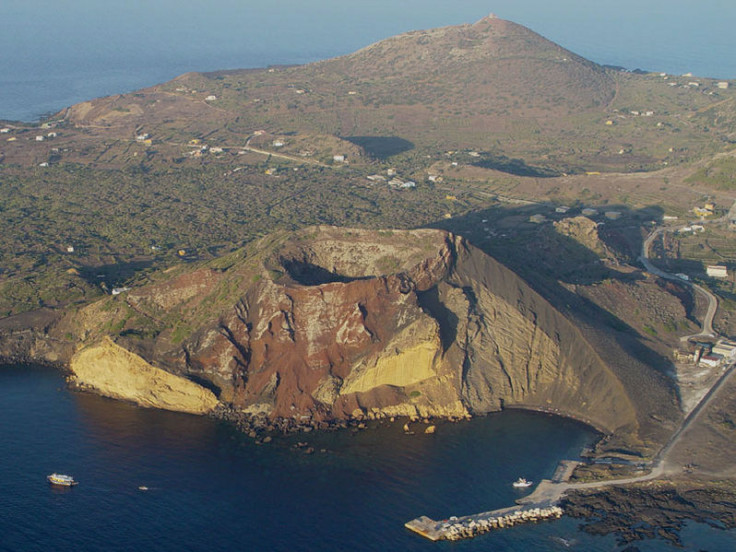Inside Italy's COVID-free islands: What it's like living without coronavirus infection fears
The small volcanic atoll is actually not on the radar of frequent travelers, which is perhaps the main reason why it remained COVID-free until now.
The novel coronavirus has spread to far corners of the world and it is inconceivable to think there is still a populated place that has remained free from the deadly and highly contagious disease. A couple of isolated islands in Italy have remained COVID-19 free and they are now among the target destinations for many. So what does it feel like living in a place without COVID-19 fears?
Since its outbreak in China in late 2019, coronavirus infection has spread far and wide, reaching even the most remote parts of the world. In a report published by The Guardian, the pandemic has already reached even the distant Antarctica. Despite its seemingly relentless spread, a few places have reportedly escaped its wrath.
Italy was one of the countries severely hit by the coronavirus pandemic and remains among those in Europe with the highest death tolls due to the infection. It remained under a state of emergency until April 30, 2020, with some sections completely locked down to prevent anyone from going in or out. The government has divided the country into several zones, depending on the levels of infection. With such a seemingly dire situation, it is hard to believe there are still some parts of the country that have remained COVID-free.
Linosa is among the Pelagie Islands situated in the middle of Sicily and Tunisia in the Mediterranean Sea. The small volcanic atoll is actually not on the radar of frequent travelers, which is perhaps the main reason why it remained COVID-free until now. Despite its coronavirus-free environment, its residents remain fearful of the highly contagious disease.
There are two ways to reach Linosa. Travelers can either ride a plane bound for its sister island Lampedusa and then take the ferry, or they can board a ferry from Sicily and take a 12-hour trip to reach Linosa. Before taking any of these trips, however, visitors and non-residents need to take a COVID-19 test at their ports of origin before setting foot on the island.
According to Linosa's Mayor Toto Martello, the COVID-19 fear among locals is real. "Islanders are very suspicious of outsiders and protective of their safety," Martello told CNN Travel. Residents are very protective of their place, which explains the seemingly unwelcoming stance toward outsiders.
Fabio Tuccio, one of the island's 200 residents said things remained almost the same amid the pandemic. "A lockdown-style scenario is regular here this time of year. There's not much to do. Everything is shut except for a supermarket, two bars, a pharmacy, post office. Take away pizza only on Saturdays," Tuccio said.
Even though they managed to keep coronavirus infection at bay, residents are not taking any chances. When meeting with other family members and friends, they also wear masks and observe safety protocols like those on the mainland.
"The sea shelters from the risk of contagion and people feel safe as long as they are safe, with no positive cases around," Tuccio explained. He revealed that the fear of coronavirus infection keeps all locals alert, which is why every time a ferry arrives at Linosa, most locals gather at the harbor to see who disembarks and checks if there are unknown faces who might smuggle in the virus.
© Copyright IBTimes 2024. All rights reserved.






